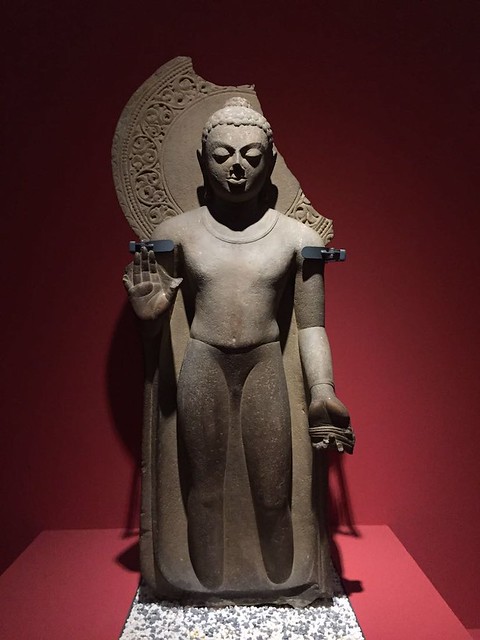
A Buddhist Perspective on Organ Donation
Our organs are the most intimate parts of our bodies. We almost never notice them functioning but without them we could not survive. Giving them

Our organs are the most intimate parts of our bodies. We almost never notice them functioning but without them we could not survive. Giving them

Dilgo Khyentse Rinpoche (1910–91), recognized as the mind emanation of Jamyang Khyentse Wangpo (1820–92), the renowned teacher, scholar, and terton who revived Tibetan Buddhism in the 19th

Pristine Pure Land teacher Master Jingzong (b. 1966) once wrote about why he would not want to be born anywhere else except in China: “For all

Thus have I heard: At one time, many centuries after the Buddha attained enlightenment, a multitude of leading monks, nuns, laypersons, and bystanders from the

Twenty women made history at Drepung Loseling Monastery in Mundgod on 22 December, becoming the first Tibetan Buddhist nuns to be awarded the title Geshema .

Twelve years have passed since the International Tipitaka Chanting Ceremony (ITCC) was first held at Bodh Gaya, India. The sacred Bodhi tree under which the

The Dalai Lama will bestow Geshema degrees on 20 Tibetan Buddhist nuns at Drepung Loseling Monastery in Mundgod, in the southern Indian state of Karnataka.

The transmission of Buddhist art from India to China is a fascinating topic. Indeed, how did pious and profound art, along with a complex belief

Each year in October, throngs of Dalits, members of India’s “untouchable” Scheduled Castes, across the subcontinent undergo a deeksha (initiation ceremony) to formally convert to Buddhism. These

His Holiness the Gyalwang Drukpa has voiced concern over the growing impact on water rights—particularly in Himalayan communities—stemming from climate change, observing that aberrant weather

It is commonly held that converting to a religion for reasons other than personal spiritual conviction or awakening is unethical and unseemly. Reading about Christian

Mutual amazement at what the other does not find extraordinary is a situation I regularly encounter when speaking with monk dancers. They usually cannot believe